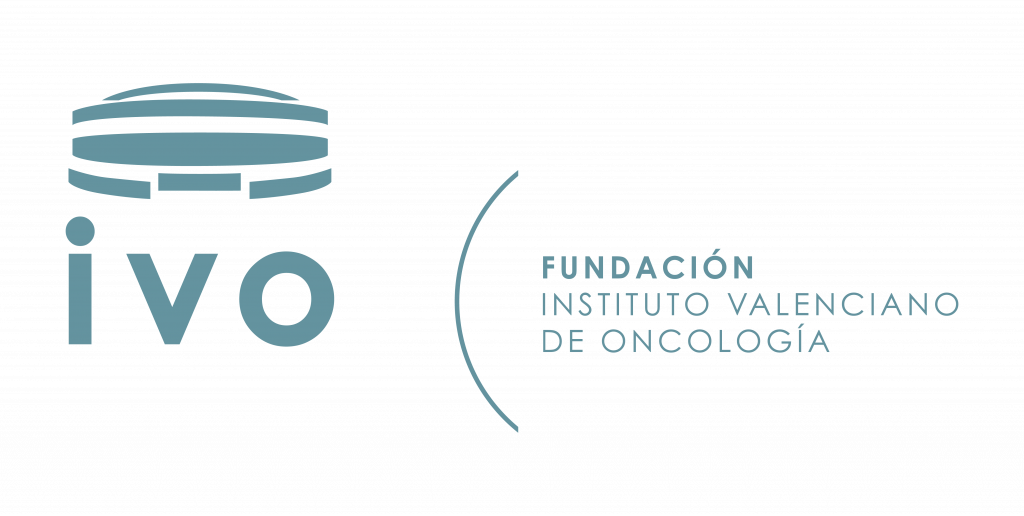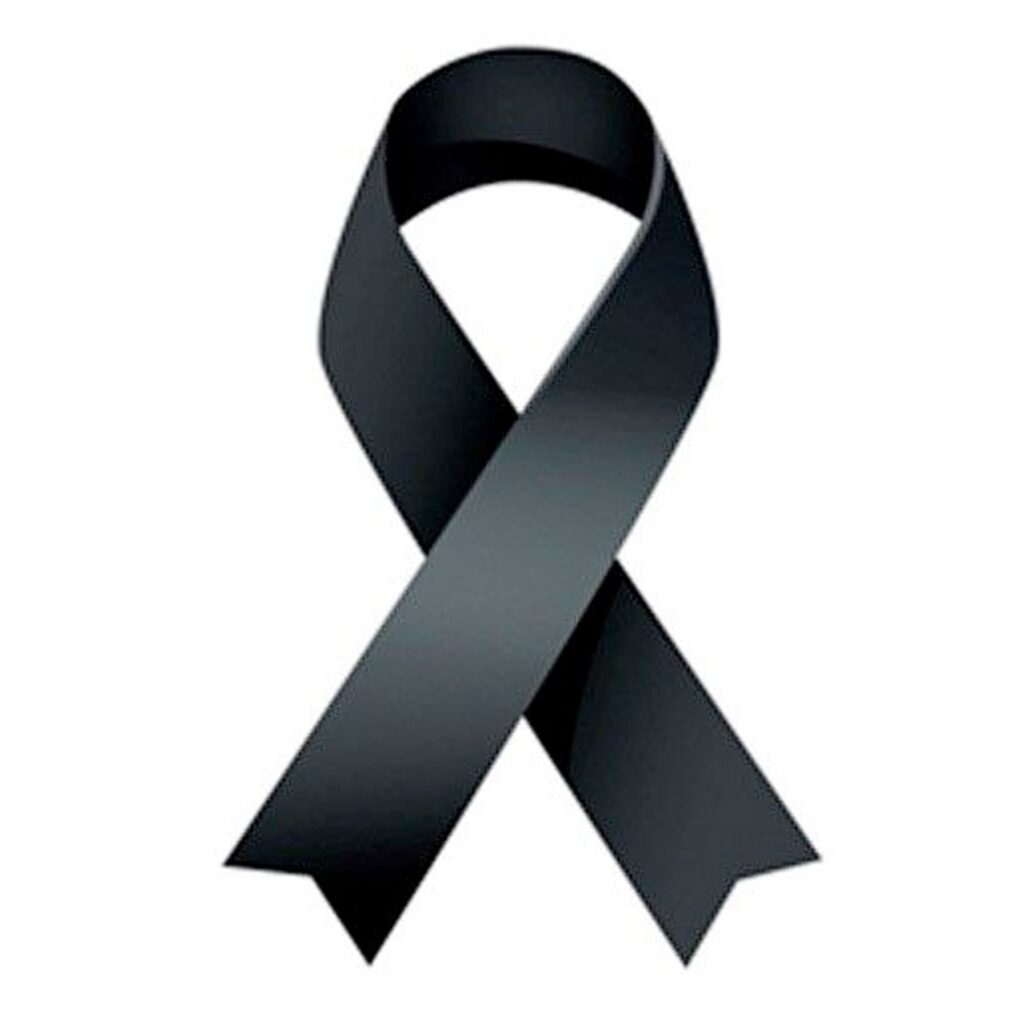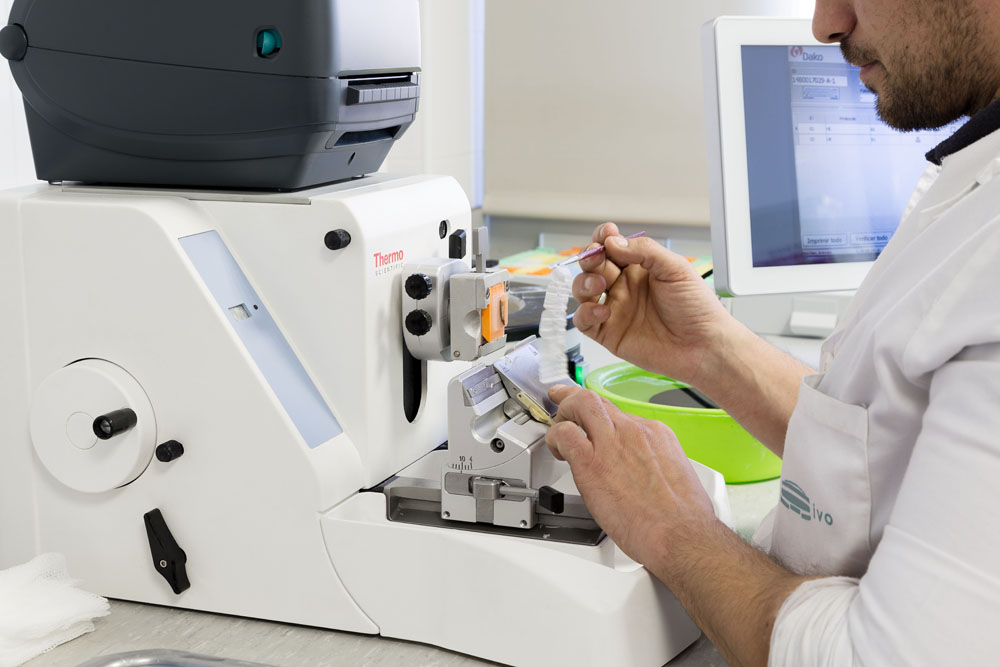Diagnosis is carried out systematically via ultrasound or intravenous urography (IVU), cystoscopy and urine cytology. However, a definitive diagnosis is only possible with a cystoscopy, a resection of the tumour and an anatomopathological report, which provides information on the type of tumour, its grade and the extent of depth it has intruded into the bladder wall. Current imaging techniques available at the IVO, such as the STORZ SPIES imaging system, have improved the imaging, and therefore the diagnosis of these tumours.
According to the depth, tumours are classified as non-muscle invasive bladder cancer (NMIBC) or superficial, which account for approximately 75% at diagnosis, and muscle invasive bladder cancer (MIBC), representing 25% of cases.
After resection and diagnosis by the pathologist, superficial tumours may be followed up endoscopically, according to their risk of recurrence. Multiple, large, and recurrent tumours (those that have come back) may benefit from adjuvant treatment with intravesical Mitomycin or Epirubicin. High-grade tumours are treated with intravesical immunotherapy (BCG) to reduce the risk of recurrence and progression. The IVO works with a strict intravesical adjuvant protocol that, in addition to standard treatments, also includes innovative instillation systems such as hyperthermia and electromotive drug administration (EMDA), which improve the administration of these drugs.
When tumours are invasive (MIBC), the standard treatment is radical surgery, which can be performed with either open or laparoscopic approaches and with the latest reconstruction techniques. At the IVO, in very select cases, a conservative approach can also be considered, with bladder preservation, as an alternative to a radical cystectomy.
At the IVO, we have specialised professionals with extensive experience in the treatment of this type of cancer. Even in advanced cases, when the disease has spread outside the bladder, palliative treatment is still possible. The management of these patients requires a multidisciplinary approach involving urology, medical oncology, radiology and, occasionally, radiation oncology, palliative medicine and home care.






